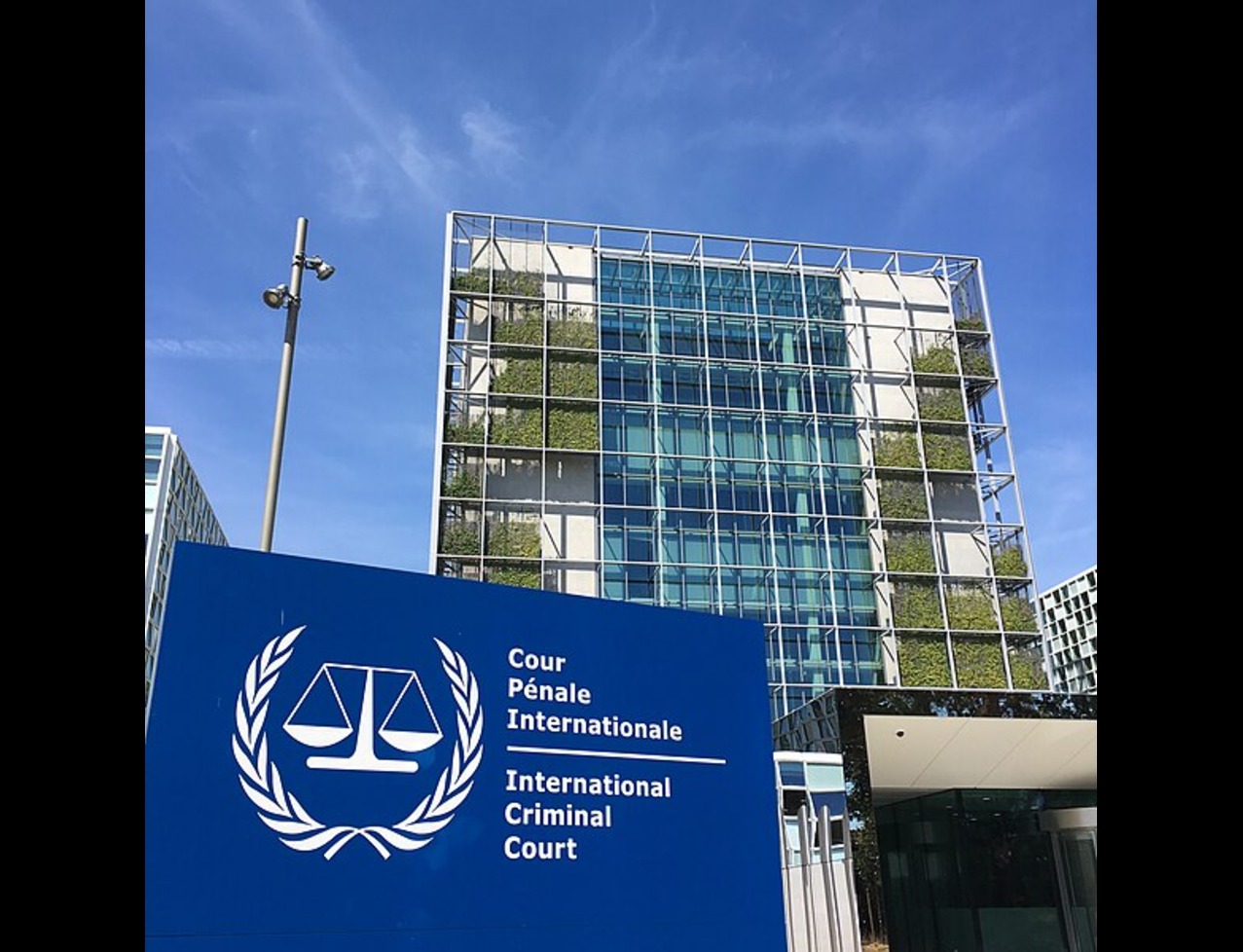The International Criminal Court (ICC) has filed applications for arrest warrants against two Taliban leaders, accusing them of committing crimes against humanity in Afghanistan. ICC Prosecutor Karim AA Khan announced on Thursday that the charges are based on evidence collected from thorough investigations into the situation in Afghanistan, focusing on the Taliban’s systemic persecution of Afghan women and girls since the group regained control of the country in 2021.
The arrest warrants target the Taliban’s “supreme leader” and the chief justice of the “Islamic Emirate of Afghanistan,” who are alleged to have violated gender-based persecution laws under the Rome Statute, which governs the ICC’s jurisdiction. According to Khan, the two officials are accused of depriving women of their fundamental rights, including access to education, healthcare, and freedom of movement. The evidence presented by the ICC includes testimonies, official statements, and forensic reports collected by the Prosecutor’s specialized team.
The charges also include accusations of widespread violence against anyone opposing the Taliban’s ideology, such as acts of murder, torture, imprisonment, and sexual violence. These actions are alleged to have been part of a broader effort to enforce the Taliban’s strict interpretation of Sharia law, which Khan stated cannot be used to justify such human rights violations.
Khan emphasized that the prosecution is part of the ICC’s ongoing investigation into the broader range of crimes allegedly committed by the Taliban, and he reaffirmed the court’s commitment to bringing those responsible to justice under international law. The ICC’s Pre-Trial Chamber will review the applications, and if approved, the arrest warrants will allow for the apprehension of the accused Taliban officials.
Since the Taliban’s return to power, Afghanistan has seen a dramatic deterioration in human rights, particularly concerning the rights of women and girls. Restrictions on education, healthcare, and employment have worsened, with the latest bans, including the prohibition of female students from medical training, drawing international condemnation. The ICC investigation follows multiple calls from foreign governments and human rights organizations for accountability in the face of these human rights abuses.
References:
- International Criminal Court (ICC)
- UN Women
- Human Rights Watch
ICC-building-in-The-Hague-by-justflix-on-Wikipedia-CC-BY-SA-4.0



